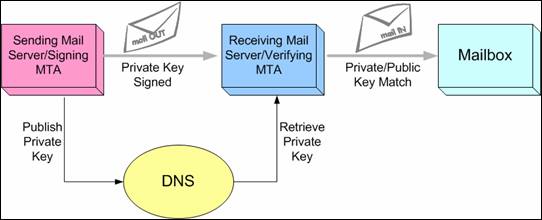Proxmox Ve is an Open Source project developed and maintained by Proxmox Server Solutions GmbH in Austria under the auspices of the Internet foundation of Austria (IPA) and it’s released under the GNU General public license 3. It is a solution based on Debian 6 Squeeze at 64 bit, which duly “customized”, allows to create […]
I’ve received this press-release from Proxmox, I like their software and I really believe that it can enhance the work of system administrators, and so I’m happy to publish this news about their new release.
What’s Proxvox ?
Proxmox Virtual Environment is a complete open source virtualization management solution for servers. It supports KVM-based guests, as well as container-virtualization with OpenVZ and includes strong high-availability (HA) support based on Redhat Cluster and Corosync. Installation is fast and easy with a bare-metal installer and configuration is done via the integrated web-based management interface. Based on Debian GNU/Linux and fully licensed under the GNU Affero General Public License, Version 3 (AGPL-3.0), Proxmox VE is a solution without restrictions for home and business use.
What’s new in 3.1 release ?


